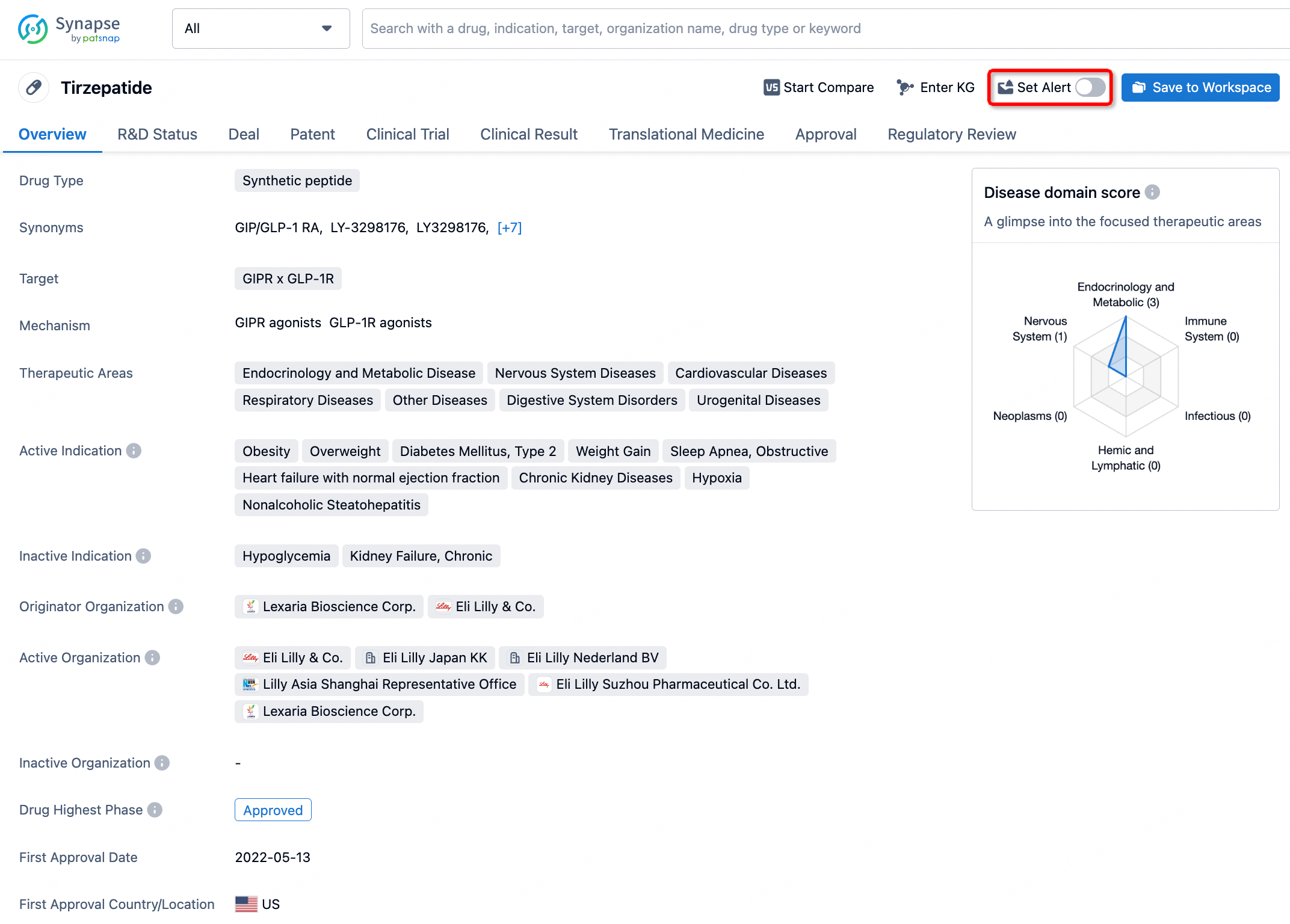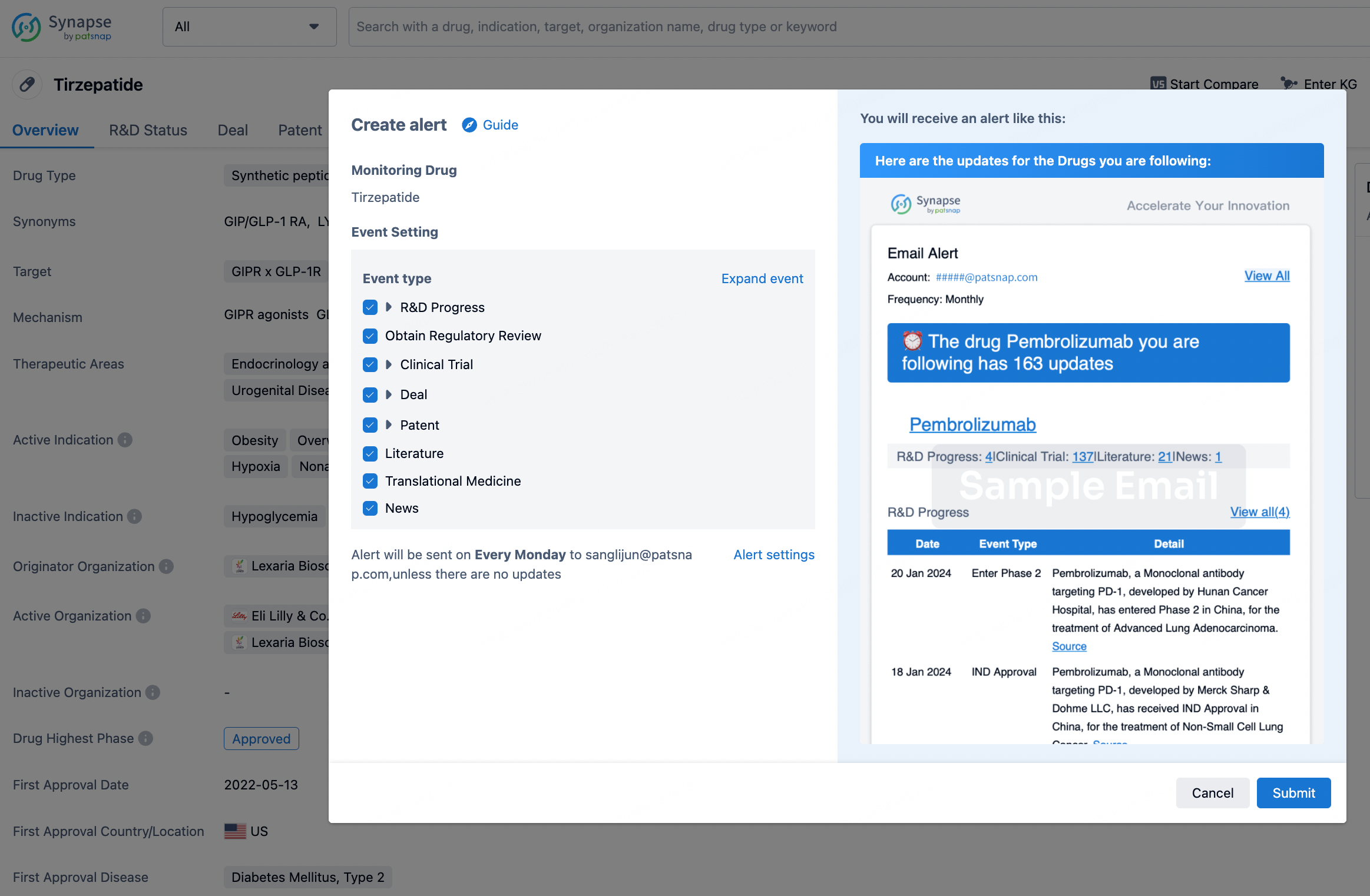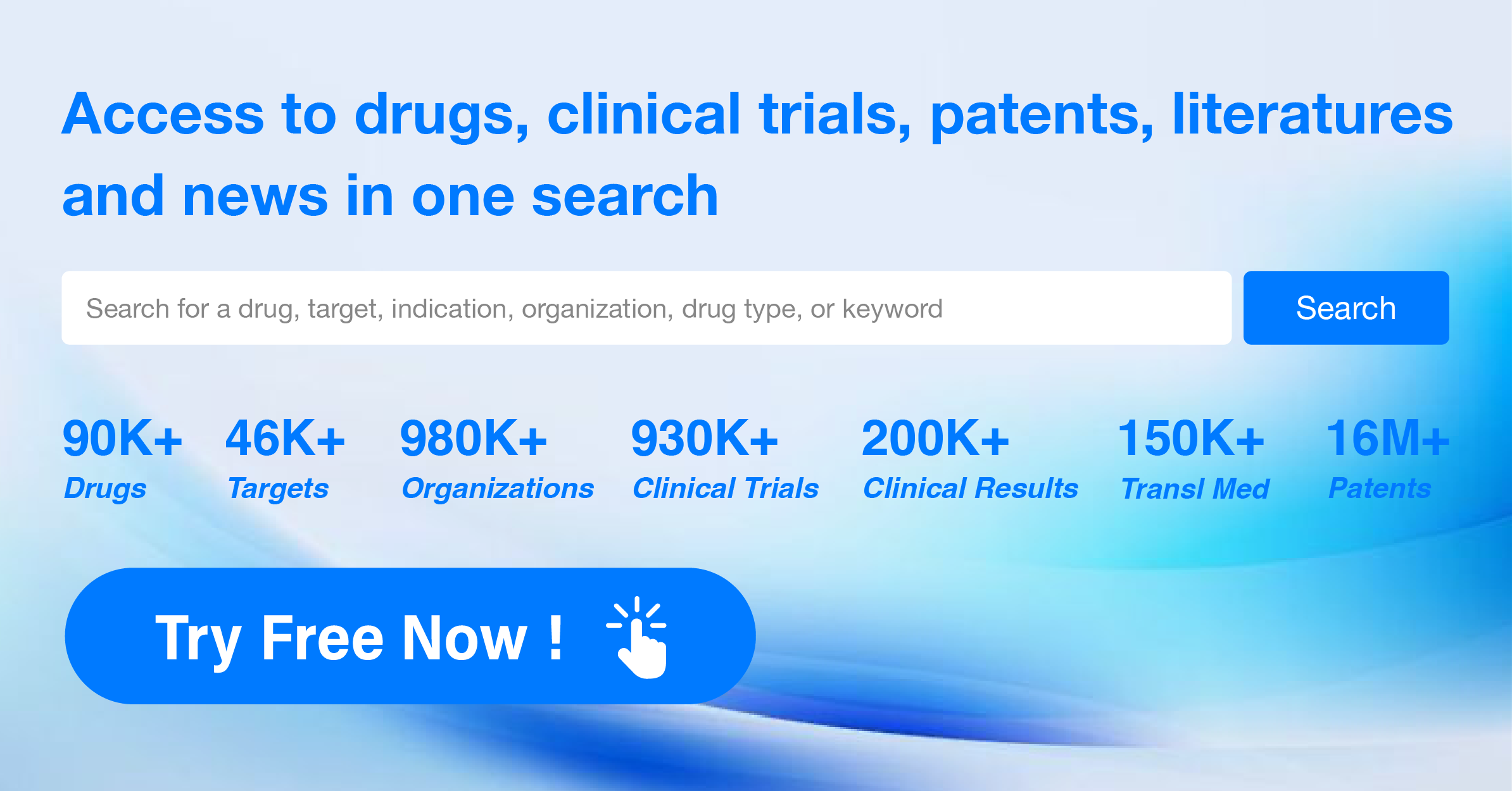Is Adagrasib approved by the FDA?
Adagrasib, marketed under the brand name Krazati, is an oral medication used to treat adults with non-small cell lung cancer (NSCLC) that has a specific gene mutation known as KRAS G12C. Adagrasib (Krazati) received FDA approval on December 12, 2022. It belongs to the class of miscellaneous antineoplastics and provides a targeted treatment option for patients whose cancer has spread to other parts of the body or cannot be removed by surgery and who have received at least one prior treatment for their cancer.
Usage and Administration
Adagrasib is available in the form of a 200 mg oral tablet. The usual adult dose is 600 mg taken orally twice daily, with or without food, at the same time each day. The tablets should be swallowed whole without crushing, chewing, or breaking them. If a dose is missed by more than 4 hours, it should be skipped, and the next dose should be taken at the scheduled time. In case of vomiting after taking a dose, another dose should not be taken; instead, the next scheduled dose should be followed.
Mechanism and Effectiveness
Adagrasib targets the KRAS G12C mutation, a genetic alteration found in some NSCLC patients. Before starting treatment, patients must be tested for the presence of this mutation. The treatment continues until there is disease progression or unacceptable toxicity. Regular medical tests are required before and during the treatment to monitor the patient's response and manage any potential side effects.
Side Effects
Common side effects of adagrasib may include:
- Nausea, diarrhea, vomiting
- Tiredness
- Muscle and bone pain
- Trouble breathing
- Loss of appetite
- Swelling, urinating less, feeling tired or short of breath
Serious side effects requiring immediate medical attention include:
- Signs of an allergic reaction, such as hives, difficulty breathing, and swelling of the face, lips, tongue, or throat
- Symptoms of heart issues, such as fast or pounding heartbeats, fluttering in the chest, and sudden dizziness
- Signs of stomach bleeding, such as bloody or tarry stools and vomiting blood or material that looks like coffee grounds
- Liver problems, indicated by symptoms like loss of appetite, upper right-side stomach pain, tiredness, itching, dark urine, clay-colored stools, and jaundice (yellowing of the skin or eyes)
Patients should report any side effects to their healthcare provider or directly to the FDA.
Precautions
Before taking adagrasib, patients should inform their doctor if they have ever had heart problems, including heart failure and congenital long QT syndrome, or liver problems. Pregnant women should avoid using this medication due to potential harm to the unborn baby. Breastfeeding is not recommended during treatment and for at least one week after the last dose. Adagrasib may also affect fertility in men and women.
Drug Interactions
Adagrasib can interact with other medications, including those for infections, asthma, heart problems, high blood pressure, depression, mental illness, cancer, malaria, or HIV. Patients should inform their healthcare provider about all medications they are taking, including prescription and over-the-counter medicines, vitamins, and herbal products, to avoid potential interactions.
Conclusion
Adagrasib (Krazati) represents a significant advancement in the treatment of KRAS G12C-mutated locally advanced or metastatic NSCLC. Its FDA approval on December 12, 2022, provides new hope for patients with this specific genetic mutation, offering a targeted therapy option to improve outcomes in this challenging disease.
How to obtain the latest development progress of all drugs?
In the Synapse database, you can stay updated on the latest research and development advances of all drugs. This service is accessible anytime and anywhere, with updates available daily or weekly. Use the "Set Alert" function to stay informed. Click on the image below to embark on a brand new journey of drug discovery!






